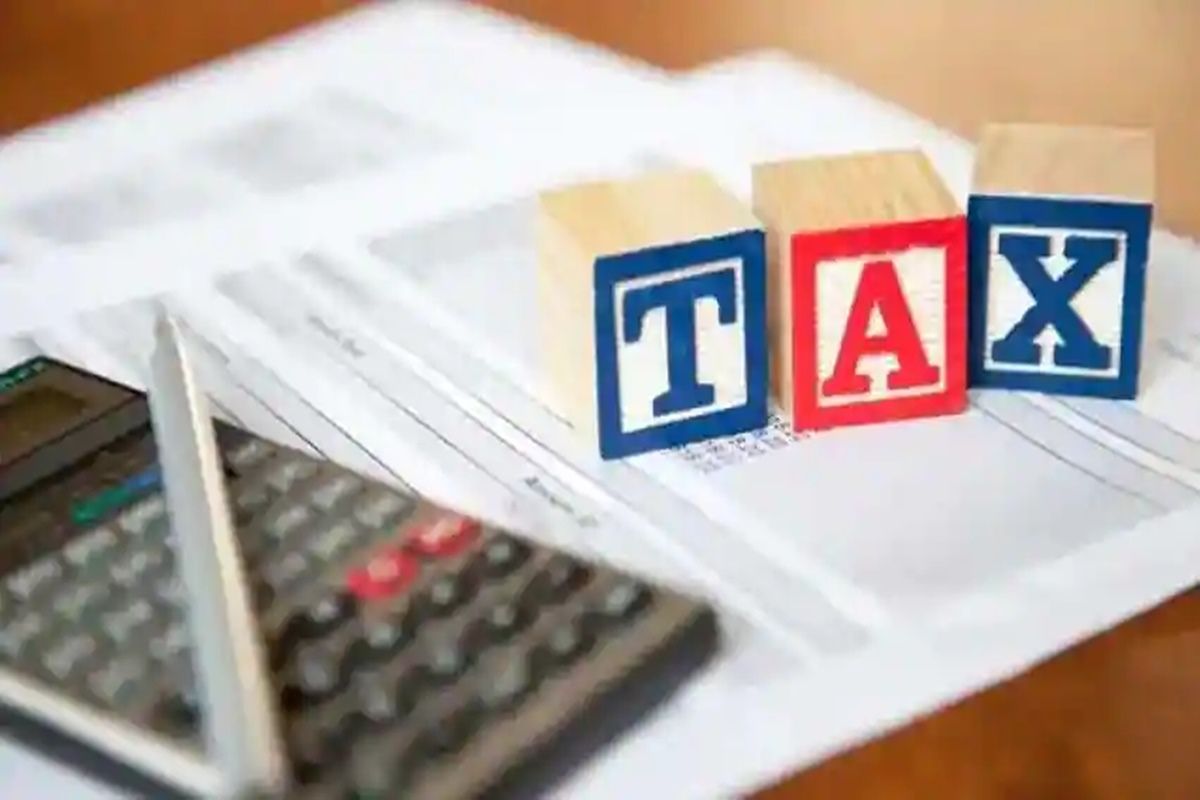
Business and Profession Income: Presumptive Income Tax Filing Explained
For individuals engaged in certain business or professional activities, the Income Tax Act offers a simplified method of calculating and filing income tax known as "Presumptive Income Tax." This method provides relief from maintaining detailed books of accounts and allows taxpayers to calculate their taxable income based on a prescribed percentage of their gross receipts. In this article, Taxsing aims to demystify the concept of presumptive income tax filing for business and profession income, providing clarity on its benefits, eligibility, and the process involved.
Understanding Presumptive Income Tax:
Presumptive income tax is a simplified taxation method available to individuals engaged in specified business or profession activities. Instead of maintaining detailed books of accounts and undergoing a rigorous auditing process, taxpayers can declare their income based on a predetermined percentage of their gross receipts. This method eases the compliance burden and offers a simpler approach to income tax filing.
Eligibility Criteria:
To avail the benefits of presumptive income tax filing, individuals must meet the following eligibility criteria:
1. Business or Profession Activities: The presumptive income tax scheme applies to specific business or profession activities, such as small businesses, freelancers, consultants, retailers, and certain professionals like doctors, lawyers, and chartered accountants.
2. Income Threshold: The total gross receipts or turnover from the specified business or profession should not exceed the threshold limit specified under Section 44AD (for businesses) or Section 44ADA (for professionals) of the Income Tax Act. Currently, the threshold limit is set at Rs. 2 crores for most businesses.
Benefits of Presumptive Income Tax Filing:
1. Simplified Compliance: Presumptive income tax filing significantly reduces the compliance burden for small business owners and professionals. It eliminates the requirement to maintain extensive books of accounts, making the tax filing process simpler and more straightforward.
2. Lower Audit Requirements: Under the presumptive income tax scheme, taxpayers are generally exempt from undergoing a tax audit, unless the total income exceeds the threshold limit specified under Section 44AB of the Income Tax Act. This exemption saves businesses and professionals from the additional cost and effort associated with tax audit compliance.
3. Lower Tax Liability: The prescribed percentage of gross receipts serves as a deemed income, ensuring that the taxable income is reasonably estimated. This often results in a lower tax liability compared to the actual profits calculated through traditional accounting methods.
Presumptive Income Tax Filing Process:
1. Determine Eligibility: Ensure that your business or profession falls within the specified categories eligible for presumptive income tax filing. Confirm that your gross receipts or turnover does not exceed the threshold limit prescribed under the relevant sections of the Income Tax Act.
2. Calculate Presumptive Income: For businesses, the presumptive income is generally calculated as a percentage (usually 6%) of the total gross receipts or turnover. Professionals, on the other hand, can declare their presumptive income as 50% of their total gross receipts. However, professionals engaged in certain specified professions may opt for a higher deemed income percentage of 50%.
3. File Income Tax Return: Use the applicable ITR form for presumptive income tax filing (e.g., ITR-4 for businesses under Section 44AD). Fill in the necessary details, including the presumptive income and other relevant information, ensuring accuracy and compliance with the guidelines provided by the income tax department.
4. Disclose Additional Income: While presumptive income tax filing simplifies the process, it is important to disclose any income that does not fall under the presumptive tax regime. For example, income from capital gains or rental properties should be separately reported and taxed as per the applicable provisions.
What if presumptive income is above 50 lakhs?
If the presumptive income of a taxpayer exceeds Rs. 50 lakhs, they would not be eligible for the presumptive income tax scheme. The scheme is specifically designed for small businesses and professionals with a turnover or gross receipts below the threshold limit. In such cases, the taxpayer would need to follow the regular income tax filing procedure, which involves maintaining detailed books of accounts, undergoing tax audits (if applicable), and accurately calculating their taxable income based on actual profits and expenses.
When the presumptive income exceeds Rs. 50 lakhs, it signifies that the business or profession has grown beyond the scope of the presumptive income tax scheme. It implies that the taxpayer's income and operations have expanded, and they have crossed the threshold limit set for availing the presumptive tax benefits. Consequently, they would need to adopt the standard income tax filing process, complying with the relevant provisions of the Income Tax Act.
Under regular income tax filing, the taxpayer would be required to maintain proper books of accounts, including records of income, expenses, and investments. They would also need to adhere to the tax audit requirements if their turnover or gross receipts exceed the specified thresholds mentioned under Section 44AB of the Income Tax Act.
It is important to note that crossing the Rs. 50 lakhs threshold does not imply any penalties or additional taxes per se. It simply means that the taxpayer is no longer eligible for the presumptive income tax scheme and must comply with the regular income tax filing procedures.
Who is not eligible for 44ADA?
Under Section 44ADA of the Income Tax Act, professionals engaged in certain specified professions are eligible to avail of the presumptive taxation scheme. However, there are certain individuals who are not eligible for the benefits provided under Section 44ADA. Here are some cases where individuals would not be eligible for the presumptive taxation scheme:
1. Individuals with Income from Specified Professions: Section 44ADA specifically applies to professionals such as doctors, engineers, lawyers, accountants, interior decorators, and others who fall within the specified professions mentioned in the Act. If an individual's profession does not fall within these specified professions, they would not be eligible for the presumptive taxation scheme under Section 44ADA.
2. Individuals with Business Income: The presumptive taxation scheme under Section 44ADA is applicable only to professionals with income from the specified professions. Individuals with income from a business, trade, or any other non-professional activity would not be eligible for the benefits provided by Section 44ADA. They may need to follow the regular income tax filing procedures applicable to businesses.
3. Individuals with Gross Receipts Exceeding the Threshold: Even if an individual's profession falls within the specified professions mentioned in Section 44ADA, they would not be eligible for the presumptive taxation scheme if their total gross receipts exceed the threshold limit set by the income tax authorities. The current threshold limit for professionals under Section 44ADA is Rs. 50 lakhs. If the gross receipts exceed this limit, the individual would need to follow the regular income tax filing procedures.
It is important for individuals to understand their eligibility for the presumptive taxation scheme and consult with tax professionals or refer to the Income Tax Act to determine their specific eligibility criteria. Non-eligible individuals must comply with the regular income tax filing procedures and maintain proper books of accounts as required by the income tax laws.
Presumptive income tax filing provides a simplified method for calculating and filing income tax for individuals engaged in specified business or profession activities. By eliminating the need for maintaining detailed books of accounts and undergoing tax audits, it reduces the compliance burden and offers a more straightforward approach to income tax filing. Taxpayers who meet the eligibility criteria can benefit from simplified compliance, lower audit requirements, and potentially lower tax liabilities. However, it is essential to accurately calculate the presumptive income based on the prescribed percentage of gross receipts and disclose any additional income that falls outside the presumptive tax regime. Taxsing can provide expert guidance and assistance in navigating the presumptive income tax filing process, ensuring compliance with tax laws and optimizing tax obligations. Embrace the convenience and advantages of presumptive income tax filing with Taxsing's expertise by your side, making your business or profession tax filing experience smoother and more efficient.




